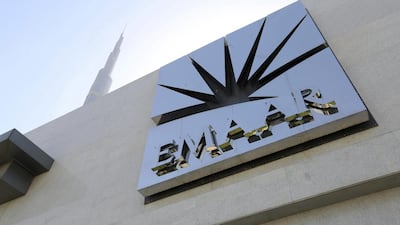Shares in Emaar Development, which this month raised Dh4.8 billion in Dubai's third largest IPO ever, traded sharply lower in their opening morning on the Dubai stock exchange, the first significant share debut on the stock market since late 2014.
The real-estate development arm of Emaar Properties saw it shares fall over seven per cent at the open on Wednesday, before recovering ground to trade around 3.5 per cent lower after an hour.
Emaar Development last week priced its sale of 800 million shares – representing a 20 per cent stake in the company - at Dh6.03 per share, raising Dh4.8 billion in the largest IPO at the lower end of the original pricing guidance of Dh5.7-6.9 per share announced in early November, which was subsequently revised to Dh6.03-6.70 per share.
______________
Read more:
Emaar Development lPO raises Dh4.8 billion in largest Dubai listing in three years
New IPO just another part of Emaar's success story
______________
Parent company Emaar Properties meanwhile led big-name gainers, rising around 1.3 per cent at the end of the first hour of trading.
Emaar Development’s opening day performance contrasts with that of Emaar’s Mall division, which saw its shares gain 12 per cent on their opening day in October 2014.
DXB Entertainment, the last major listing on the DFM, witnessed a 9 per cent drop in the price of its shares when it first listed in December 2014.

